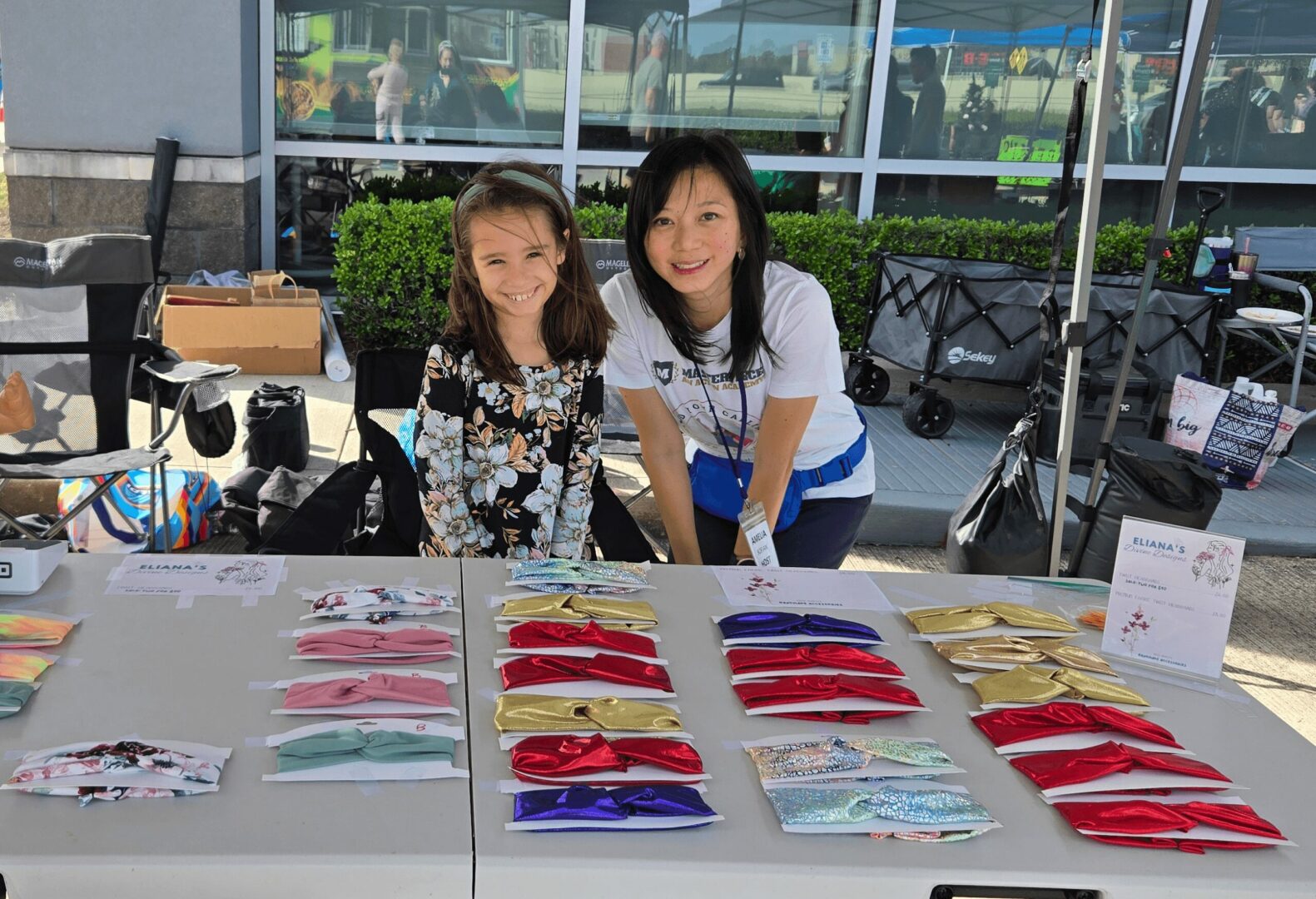We’re excited to introduce you to the always interesting and insightful Charlene Potter. We hope you’ll enjoy our conversation with Charlene below.
Charlene, thanks so much for taking the time to share your insights and lessons with us today. We’re particularly interested in hearing about how you became such a resilient person. Where do you get your resilience from?
I think being human means being resilient. We would not exist and persist if we were not resilient. We get through the stumbling blocks as we learn and grow. That is what growth is and we don’t continue without growth. The cycle of life allows us all to face challenges, make the best of things, and carry on. I am not special in that respect. I am just human. In my own small ways, I am trying to make life better, not just my own life, but the life of others, all creatures on our little blue planet. I think we all have that as a purpose of being here as stewards of Earth.
Being a teacher and a beekeeper helps me educate people about things that are important for us to live a healthy and wholesome life in the face of greed of large corporations that live by the bottom line. I think we need to slow the rat-race and think about what is really important to us to continue inhabiting this planet. I think we need education and awareness about things that matter now more than ever. Without resilience, we may not achieve our goal of continuing life on this planet. Wars over religion, crimes against humanity, toxic chemicals polluting our water and air, and hate must stop. If those things define as humans, we are doomed.
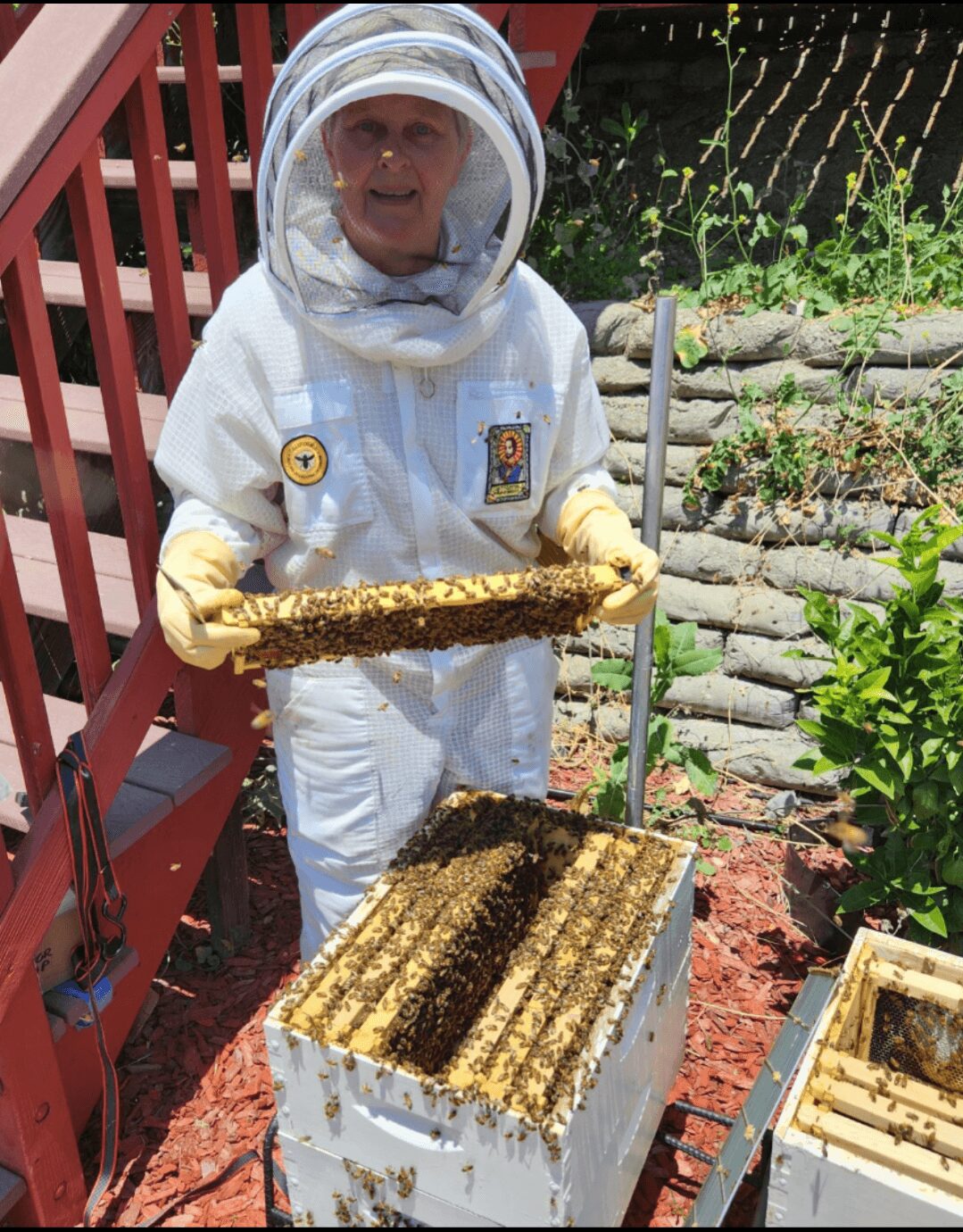
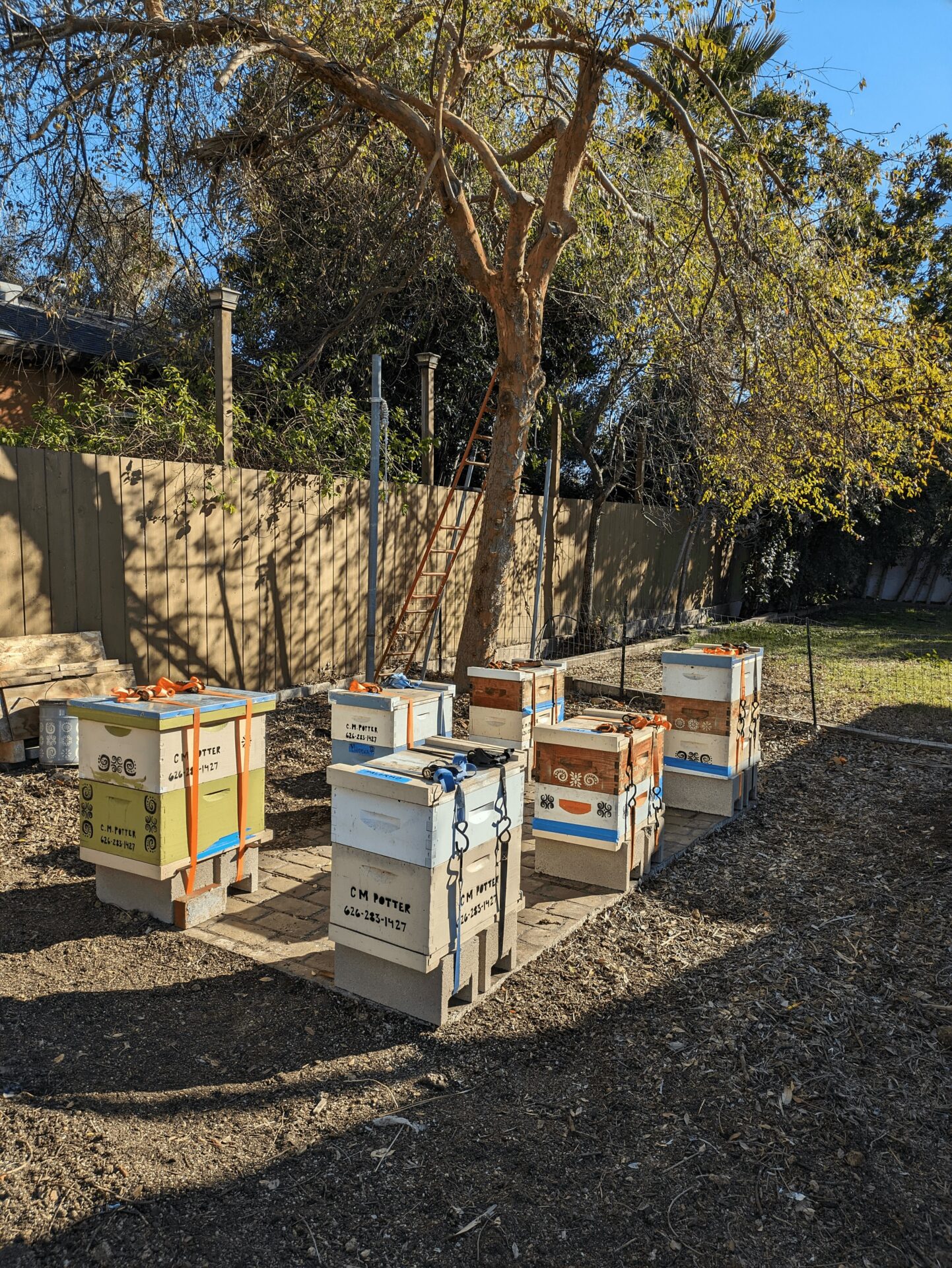
Thanks for sharing that. So, before we get any further into our conversation, can you tell our readers a bit about yourself and what you’re working on?
In addition to my day job, I manage western honey bees. I specify “western” or “European” because I don’t believe in keeping Africanized honey bees (AHB). Africanized honey bees are hybrid bees bred in the late 1950s by a geneticist, Warwick E. Kerr, in Brazil. He wanted to try and make a better bee. He bred the highly defensive East African lowland honey bee with the docile European honey bee because he wanted to try and increase honey production. Perhaps a sincere intent gone bad because of greed. It didn’t end well as many swarms escaped the quarantine and the rest if history. Those hybrid bees are strong and defensive. They have a propensity to swarm dozens of times a year as they spread northward through South America, Central America, Mexico, and three decades they reached the U.S. border in the early 1990s, Texas and California and everything in between. They don’t handle the cold winters well so the more northern states and Canada are very lucky as they don’t have to worry about those nasty hybrid bees. Some may remember they were called “killer bees” during the 1970s and 1980s. Scary movies were made about them. Of course the movies were exaggerated, they always are, but you get the point; those bees can and do kill livestock and people. They are much more defensive, react to disturbances much faster, chase people further, and take much longer to calm down. They are not manageable, and it should be illegal to maintain them in urban backyards or anywhere remotely close to people and animals. Would you try to keep tigers or bears in your backyard? No. It would be a risk and a liability. So, all that to say, I keep Italian honey bees in my apiaries around the county. It is a struggle to keep them with known genetics because the feral bees (which all have some degree of AHB genetics), hybrids, or killer bees (whatever you want to call them) sometimes take over our nice hives. Keeping nice bees in the south requires constant vigilance and requeening with known genetics if they succumb to mean bees. That’s my story and I’m sticking to it. I raise nice bees and they are kind enough to supply me with excess honey, wax, propolis, etc. for a healthy lifestyle.
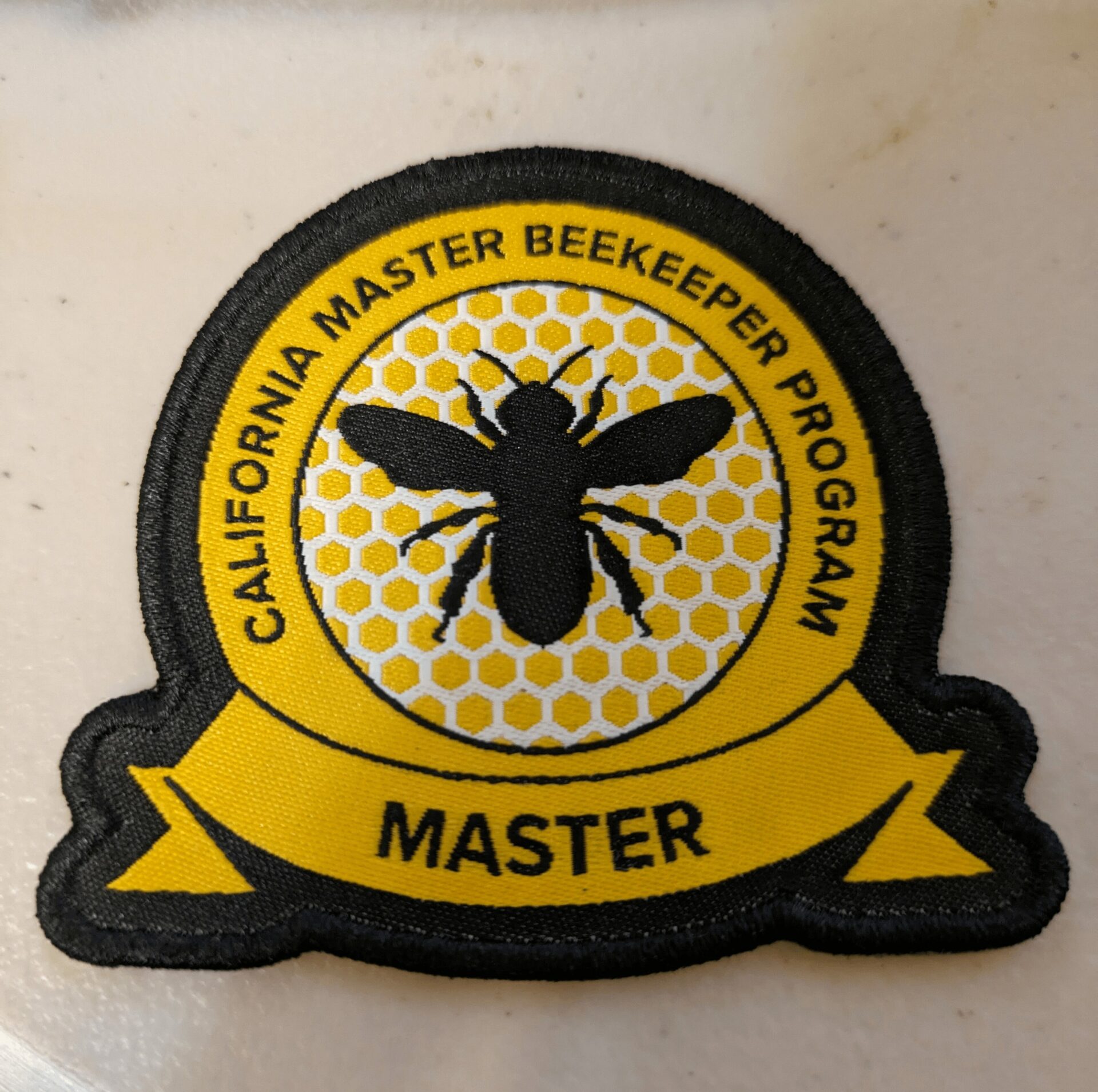

Looking back, what do you think were the three qualities, skills, or areas of knowledge that were most impactful in your journey? What advice do you have for folks who are early in their journey in terms of how they can best develop or improve on these?
1. Curiosity to learn and ask questions; education.
2. Boldness and a sense of adventure to follow your instincts; trust yourself.
3. Persistence; if you fail, get up, brush yourself off, and try again.
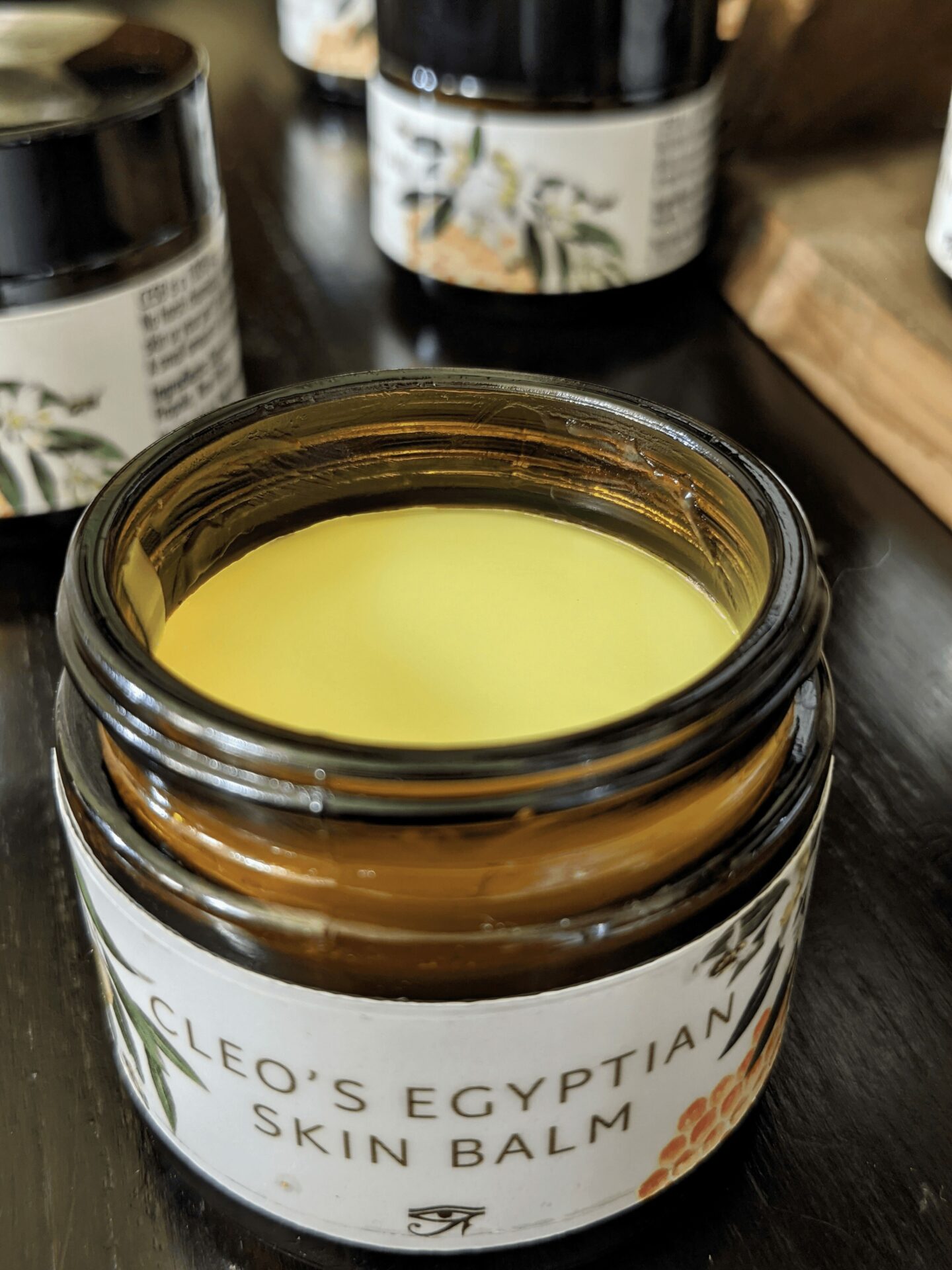
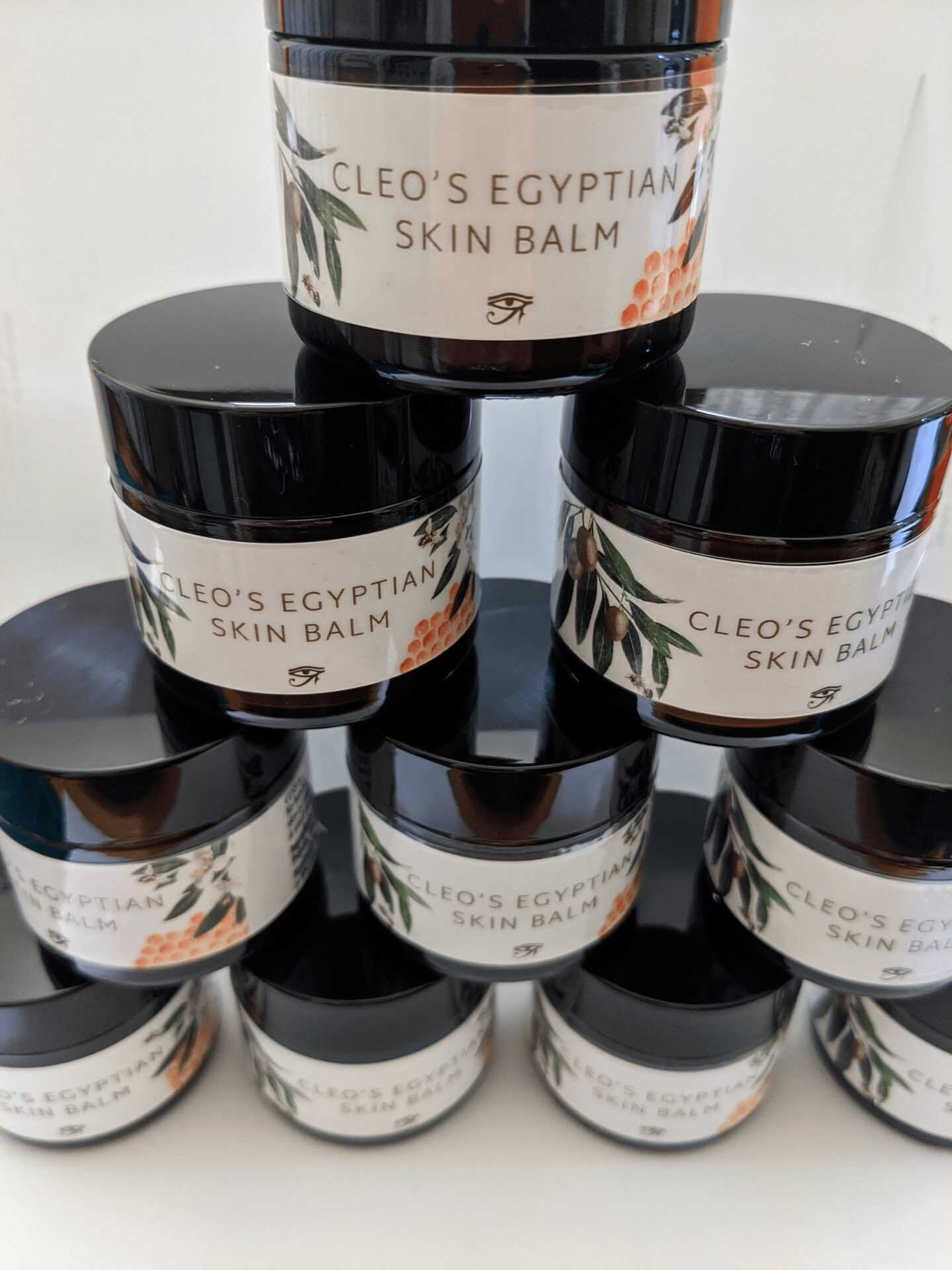
What was the most impactful thing your parents did for you?
There isn’t one impactful thing my parents did for me. It was everything they did for me. I grew up with two brothers and I had to be strong to keep up, so I learned my strength by being stubborn. I wanted to do all the chores and fun things they did; mowing the grass, shoveling the snow from the walkway, playing sports, etc. My parents let me be me. I know they didn’t always understand me, but I know they respected my persistence and let me do and learn what I needed to. They never judged me, they never held me back, and luckily I turned out okay. They helped me out financially when I went away to university and beyond until I could make ends meet by myself. Financially stability is probably the one thing that leads to you becoming truly independent from your parents. This brings back a memory of my high school biology project: the bones and bone structure of a rabbit. The rabbit had been hit by a car and died. I don’t know how I ever convinced my mom to let me take on that project, but she let me. I got an A on that project. Looking back on the work involved, I guess that was a time growing up when I could point to my persistence!
Contact Info:
- Instagram: #everybodylovesbees
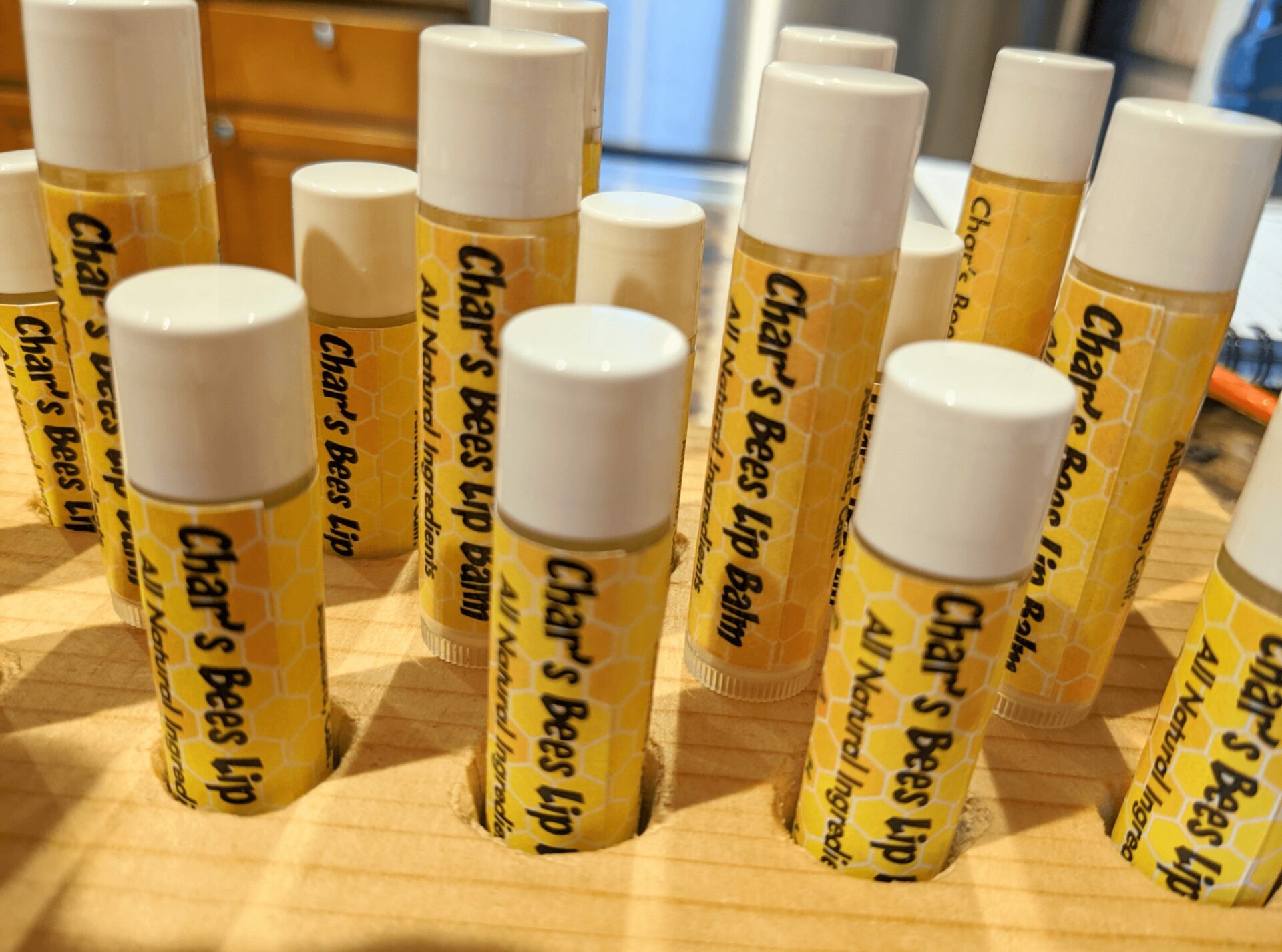
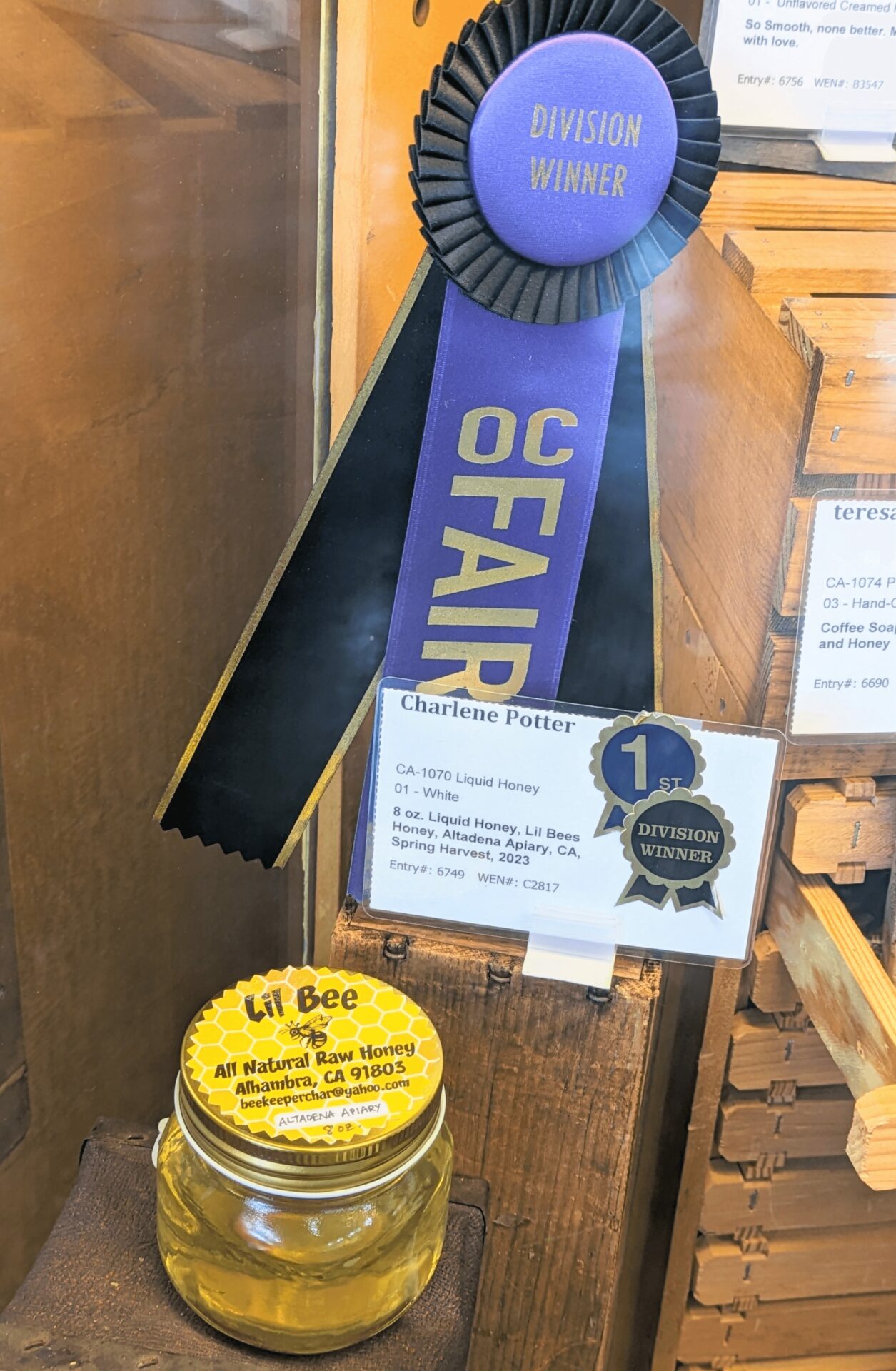
so if you or someone you know deserves recognition please let us know here.


